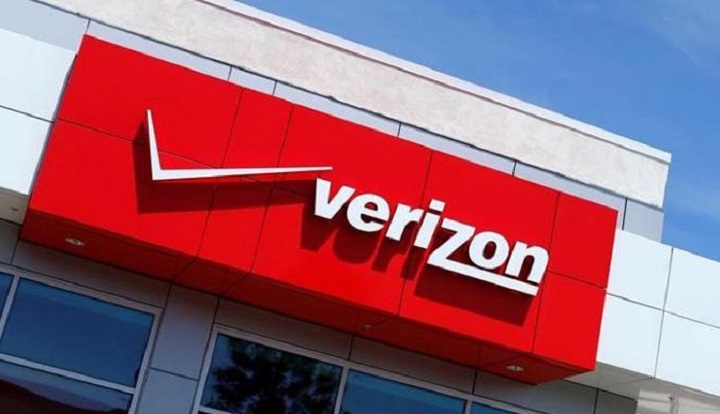Both Verizon (NYSE:$VZ) and AT&T (NYSE:$T) have ruled the wireless industry for a number of years. Why? Because they emphasize the fact that customers would be getting the best possible experience while using their service. As a result, both companies have developed subscriber bases that were nearly double the size of T-Mobile (NASDAQ:$TMUS) and Sprint (NYSE:$S).
It’s not a stretch to say that there was once a time where Verizon, a New Jersey-based wireless company, had quite the competitive edge. According to a RootMetrics twice-a-year report which focuses on wireless networks, Verizon surpassed all three of its contenders.
Based on a State of Mobile Networks Report, T-Mobile caught up to Verizon in February. According to OpenSignal, “The LTE speed race between T-Mobile and Verizon has long been a close one, but in our last U.S. report T-Mobile held the edge.” OpenSignal further noted, “that narrow lead, however, disappeared in our latest round of testings. We measured average LTE download speed on T-Mobile at 16.7 Mbps and on Verizon at 16.9 Mbps, results close enough to produce a statistical tie.”
This has caused a number of problems for Verizon as they built their entire business on having the best possible network available. Of course, Verizon could very well still have the best network, but T-Mobile has closed the gap once and for all. If you’re interested in the technology market, chances are you already know that both T-Mobile and Sprint have been working extremely hard to inform their customers that they have caught up in the race to Verizon.
What are T-Mobile and Sprint up too?
As of right now, T-Mobile is the fastest-growing wireless company, while Sprint has been leading the battle against Verizon. For example, Sprint has been using Verizon’s former spokesperson, Paul Marcarelli, for their advertisements which has significantly affected Verizon.
Just like the candidates in the latest U.S. election, T-Mobile has not been quiet going after Verizon. According to John Legere, the CEO of T-Mobile, he is the one of the main reasons that Verizon started to offer unlimited data plans while they were trying to attract customers with a special offer.
Legere stated in a press release, “After desperately launching unlimited, Verizon’s network choked — while our network speeds surged. Today, T-Mobile has a whopping 23% speed advantage over Verizon.” He later added, that to kick off the summer, Verizon is “going BIG right out of the gate and throwing a lifeline to millions of Verizon customers. Now, you can ditch Verizon, keep your phone, and we’ll even pay it off for you!”
How Does This Affect Verizon?
Offering unlimited data plans to customers hit Verizon right in the pocketbook. Along with AT&T, Verizon has made billions of dollars in overages, as customers are buying large plans than they don’t need so they don’t run out of data. As one would assume, unlimited data gets rid out of that strategy.
Additionally, if customers start to believe that they don’t have the number one network, a majority will refuse to pay more for its service. This, of course, will affect Verizon greatly. As of right now, Verizon charges $160 for three unlimited lines or $180 for four, which is a lot more than T-Mobile ($130 for three unlimited lines or $140 for four) and it’s double Sprint’s offer of $90 for up to five lines all with unlimited data.
All in all, these transitions help to explain why T-mobile has added over 1 million new customers every quarter for four years. Verizon on the other hand, lost 307,000 retail postpaid customers in the first quarter of the year.
Essentially, the changes in the wireless industry has put Verizon in a position that will hurt its revenue. So, where does that leave them? Either Verizon can ride out the market and maintain its high prices, or it can cut prices down. That said, neither of these suggestions will be popular with shareholders. If you’re interested in the technology market or investing in a technology stock, now might be the time to toss Verizon and add T-Mobile or Sprint to your investing portfolio.
Featured Image: twitter











